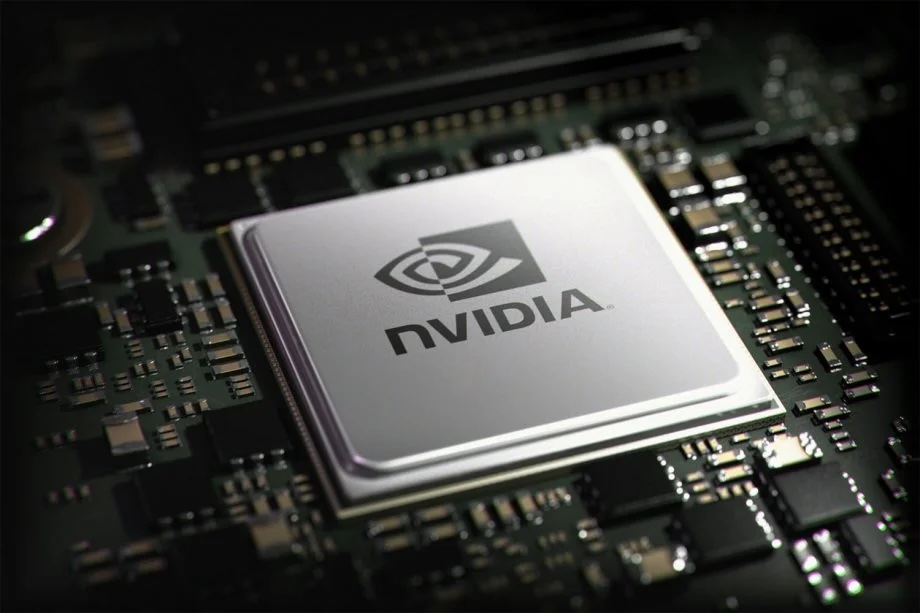WASHINGTON — The Supreme Court raised concerns Wednesday about the technical complexities required to issue a ruling on a securities lawsuit against Nvidia Corp. and CEO Jensen Huang for allegedly misleading investors on its cryptocurrency sales ahead of a crash.
Nvidia (NVDA) took a dive Wednesday morning and remained down 1.36% at U.S. market close on the Nasdaq.
The nine justices were faced with deciding whether a 2018 class-action, led by Stockholm-based investment firm E. Ohman J:or Fonder AB, satisfied standards under the Private Securities Litigation Reform Act (PSLRA). Nvidia claimed the suit to be “frivolous,” due to the plaintiff’s lack of particularity in their reliance on an expert opinion that points to undisclosed internal documents.
Litigation for securities regulation remains at the top of the agenda. The case is one of two securities fraud cases argued in high court this term — a rare number for a single term. The other case, argued last week, was a multibillion-dollar Facebook lawsuit brought by Meta shareholders over data breach risks. This year, the Supreme Court’s conservative supermajority has made several key rulings that weakened the power of regulatory agencies to regulate big businesses.
The Facebook and Nvidia cases present the court with how to handle corporate transparency, this time with the scope of private securities actions at stake. Ten former Securities and Exchange Commission officials backed the lawsuit, stating in an amicus brief that the complaint contained sufficient fraud allegations which the high court should uphold.
Though the Supreme Court has taken a pro-business stance with past rulings, many of the judges, both liberal and conservative, appeared skeptical of the argument presented by the attorney for Nvidia, Neal Kumar Katyal.
Katyal compared the stakeholder complaint to “cotton candy,” saying “it seems like a lot” but is “all fluff,” and claimed that the expert opinion used by the plaintiff does not fulfill particularity standards under the PSLRA.
“It’s becoming less and less clear why we took the case and why you should win it,” Justice Elena Kagan said.
“It seems like you’re asking us to engage in a type of analysis that we’re not very good at,” she added, echoing sentiments from her colleague, Justice Samuel Alito, on how the court should handle a case requiring highly technical expertise.
The expert opinion was provided by Prysm Group, an economic consulting firm. In the complaint, Prysm said that Nvidia, one of the world’s leading producers of graphic processing units (GPU’s), understated its “crypto-related GPU sales by $1.126 billion” between 2017 to 2018.
Nvidia’s GPU’s are primarily marketed for computer functions, like video games, but can also be used in cryptocurrency mining. At the beginning of 2018, Nvidia saw revenue in GPU sales increase, then fall later the same year around the time of the crypto decline, ultimately leading to a steep drop in Nvidia’s share price. CEO Jensen Huang attributed this to a “crypto hangover.”
The results found by Prsym led investors from the Swedish-based firm to accuse Nvidia of knowingly concealing the extent of the company’s reliance on cryptocurrency in violation of the Securities Exchange Act of 1934.
Although the Northern District of California dismissed the complaint twice due to insufficient evidence of intent (scienter), the Ninth Circuit partially reversed, allowing claims against Nvidia and Huang to proceed.
In 2022, Nvidia agreed to a $5.5 million SEC penalty for inadequate disclosures related to cryptocurrency demand. The respondents pointed to proprietary information acquired by the SEC as a potential source to shed light on Huang’s intent to mislead shareholders.
Arguments from both sides prompted broader concerns from Chief Justice John Roberts as the court wrestled with interpreting the Private Securities Litigation Reform Act, noting, “Positions on both sides are a little too absolute. How do you find the sweet spot in terms of the PSLRA?”
“The PSLRA was raising the bar. The idea of having variable levels of particularity is difficult to apply, and the statute is not doing what it is meant to do,” Roberts added.
Atlantic Legal Foundation Executive Vice President & General Counsel Lawrence Ebner, who filed an amicus brief in support of the petitioner, said “due process in the Private Securities Act is meant to protect corporate defendants from meritless securities fraud complaints.”
On the other hand, Justice Ketanji Brown Jackson voiced concerns that high evidentiary standards could hinder plaintiffs.
“I guess my concern is that you appear to be requiring plaintiffs to actually have the evidence in order to plead their case,” Jackson said, noting that critical evidence is often only uncovered in later stages of litigation.
Plaintiffs further argued that private securities litigation serves “as a supplement to public enforcement to ensure that our capital markets are the best in the world.”
California-based attorney Thomas Ogden, who filed an amicus brief in support of the respondents, warned that stricter standards would “completely kill the ability to have an expert come in, write up a declaration and a report, and, you know, speculate what the company must have known,” undercutting plaintiffs’ ability to build their cases.
A decision for the case, NVIDIA Corp. v. E. Ohman J:or Fonder AB, is expected by summer.

